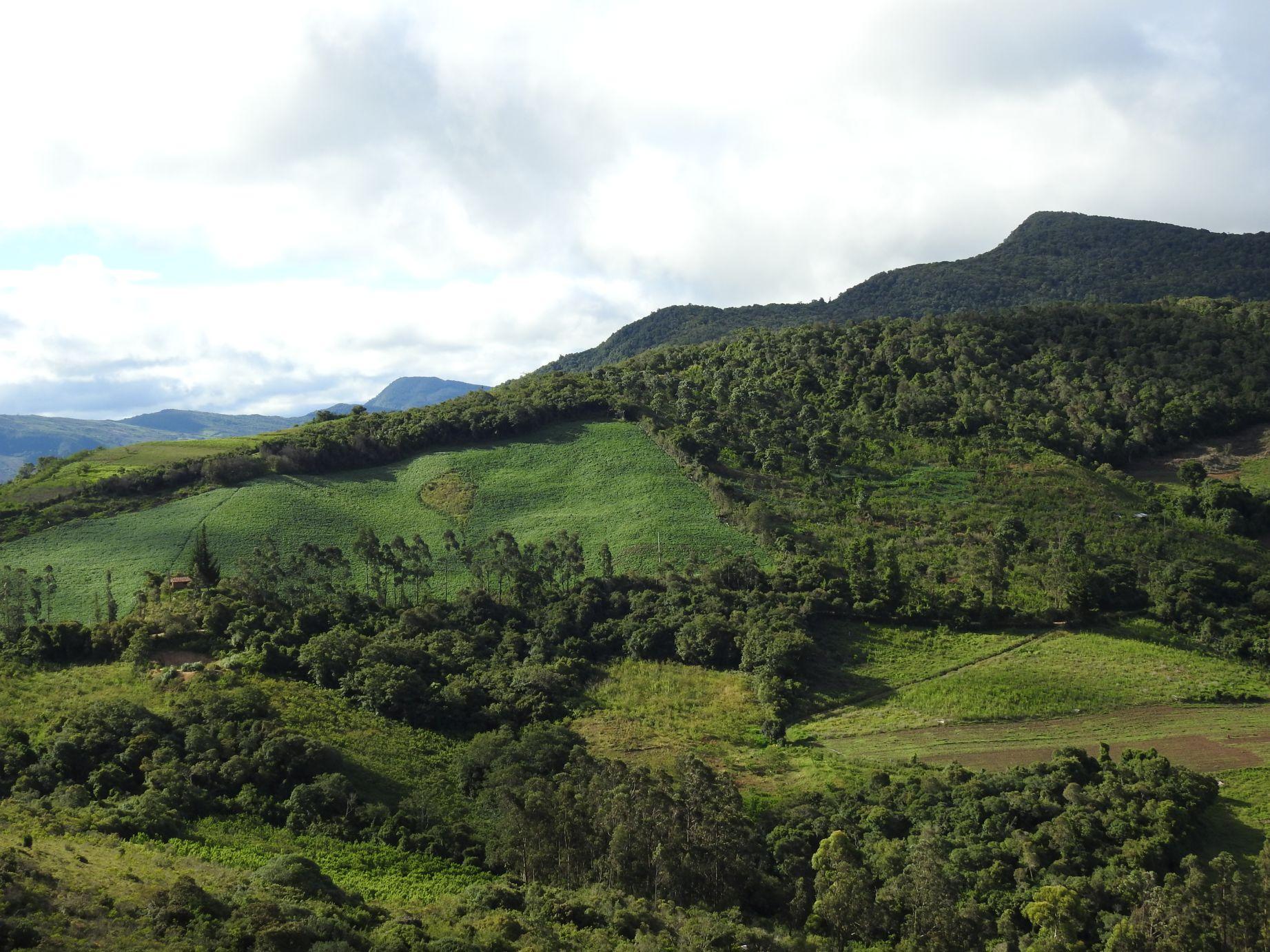Mountain biodiversity and the Sustainable Development Goals: Knowledge for synergistic action

Mountains are of immense ecological, cultural, and socio-economic importance. This project contributes to a better understanding of the specific challenges associated with the sustainable management and conservation of mountain biodiversity in the context of competing development goals, limited resources, and complex governance structures.
About the project
Have a look at the video produced for this project. Watch it in YouTube .
Background
Mountains worldwide host very rich biodiversity, are home to hundreds of millions of people, and provide billions of upland and lowland inhabitants with vital ecosystem services and sources of livelihoods. However, mountains are increasingly exposed to changes in climate and land use, environmental pollution, large-scale political and socio-economic transformations, and unsustainable management of natural resources. Accordingly, ecologically sustainable socio-economic development in mountains has become a necessity and the Sustainable Development Goals (SDG) have been adopted as a useful tool to guide this process. This project contributes to a better understanding of the specific challenges associated with the sustainable management and conservation of mountain biodiversity (SDG 15.4) in the context of competing development goals, limited resources, and complex governance structures.
Objectives
This project aims to (i) assess the status and trends in human wellbeing, biodiversity, ecosystems, and ecosystem services in mountains at global, national, and subnational level; (ii) study the strength and directionality of interactions between biodiversity-explicit SDG targets and other SDG targets in mountains, and identify synergies; (iii) identify the role of the context provided by governance, economic, technological, social-ecological, cultural, and environmental factors in forming these interactions; and (iv) provide the acquired knowledge to key stakeholder groups and enable a knowledge-based evaluation of opportunities to implement coherent measures towards environmentally sustainable socio-economic development.
Relevance
In the face of the growing challenges brought about by human activities, effective policies and management approaches are needed to safeguard the natural assets that are underpinning human wellbeing along the elevational gradient from the highlands to the lowlands and ultimately “ensure the conservation of mountain ecosystems” (United Nations Sustainable Development Goal 15.4). The formulation and implementation of such contextually relevant approaches requires a thorough understanding of how mountain biodiversity and ecosystems respond to direct and indirect drivers of change; how they contribute to human wellbeing across scales; and how the conservation of mountain biodiversity can be achieved in the context of interacting and competing sustainable development goals, limited resources, and complex governance structures. By systematically analyzing trade-offs and synergies between SDG 15.4 and other SDGs at local to global scale and enabling the development of sustainable development pathways based on the knowledge shared throughout the course of the project, this project represents an important contribution to the sustainable development of mountain regions in three target countries and globally.
Geographic scope
- Bolivia
- Tanzania
- Nepal
Project website and link to P3
- Link to project website
- Link to project on SNSF research database P3
